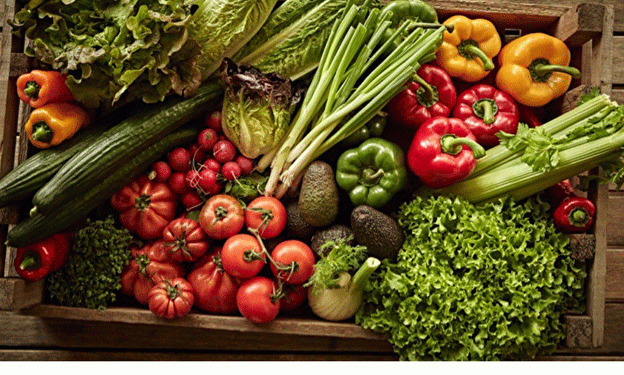British Columbia’s spring organic vegetable season may start later due to cool weather, but demand for local produce is expected to surge. As food security and “Buy BC” patriotism grow across Canada, growers may see a season of both challenges and opportunity.
British Columbia’s Organic Vegetable Season: A Delayed Start with Strong Market Promise
British Columbia (B.C.), known for its diverse and high-quality organic produce, is entering its 2025 spring vegetable season with a mix of cautious optimism and weather-related delays. Cold early-season conditions have set field crop planting back by approximately three weeks compared to 2024, according to Stefan Misse of Discovery Organics, a major distributor of certified organic produce in Canada.
This setback, however, is not entirely alarming. “Last year was unusually early,” Misse notes, suggesting that this year’s start may actually be closer to the historical norm. Still, the delay underscores the increasing climate unpredictability that farmers must now build into their crop planning.
From Greenhouses to Fields: What’s Growing and When?
Organic growers like Two Ees Organic Farm in Surrey have begun their staggered planting cycles, starting with cool-season crops like kale, kohlrabi, and cabbage. Warmer-weather crops will be planted as soil temperatures rise in April. Meanwhile, greenhouse operations—less affected by cold spells—are already delivering produce.
At Origin Organic Farms in Delta, cucumbers began harvesting in early March, while peppers are just coming in. Longview Farms, located on Vancouver Island, has also started harvesting greenhouse-grown spinach and radishes, while launching its first field plantings of the season.
This structured mix of greenhouse and field cultivation helps ensure supply continuity despite shifting weather conditions. It also exemplifies British Columbia’s increasingly resilient organic farming infrastructure.
Demand Driven by Patriotism and Policy
While weather may delay the harvest, the market outlook is bright. Demand for local organic produce is expected to soar, thanks to a combination of rising food security awareness, international trade tensions, and patriotic consumer behavior.
The B.C. Ministry of Agriculture’s “Buy BC” initiative continues to drive visibility and sales for locally grown products. In a surprising development, some retailers are now refusing to stock U.S. produce, choosing instead to buy only from Canadian, Mexican, or other international suppliers.
This national sentiment, combined with tariff-related uncertainty in U.S. imports, is pushing Canadian retailers and consumers to prioritize local products more than ever. According to a 2024 report from Canada Organic Trade Association, the country’s organic market reached $9.8 billion CAD, with 70% of consumers preferring local organic products when available.
No Acreage Increase, But Higher Prices Likely
Interestingly, while no increase in production acreage is expected this year, the favorable demand dynamics are expected to impact pricing. Misse notes that after four years of rising input costs—from labor to organic fertilizers—growers may finally have the chance to secure better prices for their crops.
Higher input costs remain a key challenge, but the possibility of improved margins is welcome news for the province’s approximately 870 certified organic farms, many of which operate on thin margins. With growing costs across the board, from greenhouse heating to logistics, better pricing could support long-term sustainability for local growers.
British Columbia’s organic vegetable season may be delayed by spring chill, but market forces are aligning in favor of local farmers. With strong consumer demand, policy support, and high patriotism around food security, this season could bring both resilience and reward to Canada’s organic producers. For farmers, agronomists, and agricultural scientists, B.C. offers a compelling case study in adapting to climate unpredictability while capitalizing on market shifts.































